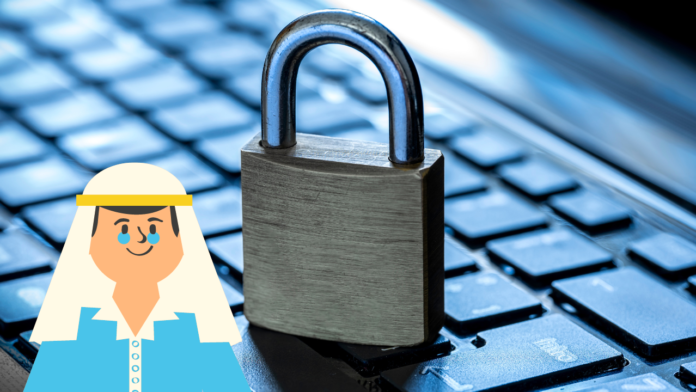The Gulf region is experiencing a significant shift in its approach to cybersecurity, with a rapid acceleration in the adoption of zero-trust security practices.
This move towards a more comprehensive and dynamic security model signals a proactive approach to protecting critical infrastructure, data, and systems in the digital age. Let’s delve into the reasons behind this shift, explore the benefits of zero trust, and understand the implications for the region’s digital landscape.
Beyond the Perimeter:
Traditional security models rely on the concept of a well-defined perimeter, where access controls are primarily focused on the network edge. However, the ever-evolving threat landscape and the increasing prevalence of remote work have rendered these traditional methods insufficient. Zero trust, on the other hand, adopts a “never trust, always verify” approach, continuously authenticating and authorizing every access request, regardless of its origin (inside or outside the network) or user identity.
Why Zero Trust?
The growing adoption of zero trust in the Gulf region is driven by several key factors:
- Heightened Cybersecurity Concerns: The region faces increased cyber threats, including targeted attacks on critical infrastructure and financial institutions. Zero trust offers a more robust defense against these evolving threats.
- Cloud Adoption: The surging adoption of cloud computing services necessitates a security model that transcends traditional network boundaries. Zero trust seamlessly integrates with cloud environments, providing consistent security across on-premises and cloud resources.
- Compliance Requirements: Regulatory requirements and industry standards are increasingly emphasizing the need for robust security solutions. Zero trust aligns with these requirements, demonstrating a commitment to data protection and information security.
10 Benefits of Zero Trust:
- Reduced Attack Surface: Limiting access privileges and continuously verifying requests minimizes the potential impact of breaches and unauthorized access.
- Enhanced User Experience: Streamlined authentication processes can improve user experience by eliminating unnecessary authentication steps for authorized users.
- Improved Security for Remote Work: Zero trust ensures consistent security regardless of user location, enabling secure remote work environments.
- Granular Access Control: Implementing granular access controls allows for precise control over what users can access and what actions they can perform.
- Improved Data Security: Zero trust focuses on protecting data at rest and in transit, minimizing the risk of data breaches and leaks.
- Better Threat Detection and Response: Continuous monitoring and verification enable faster detection and response to potential security threats.
- Compliance with Regulations: Zero trust can help organizations meet various data protection and privacy regulations.
- Scalability and Agility: The zero-trust model readily adapts to evolving business needs and cloud deployments.
- Reduced Operational Costs: Streamlined security processes and improved threat detection can lead to reduced operational costs.
- Enhanced Brand Reputation: Demonstrating a commitment to robust security through zero trust adoption can strengthen brand reputation and customer trust.
Conclusion:
The rapid adoption of zero trust in the Gulf region signals a forward-thinking approach to cybersecurity. By embracing this model, organizations can enhance security posture, protect valuable data, and build a more resilient digital infrastructure for the future. As the region continues to navigate the evolving threat landscape, zero trust is poised to play a pivotal role in securing its digital ecosystem.


